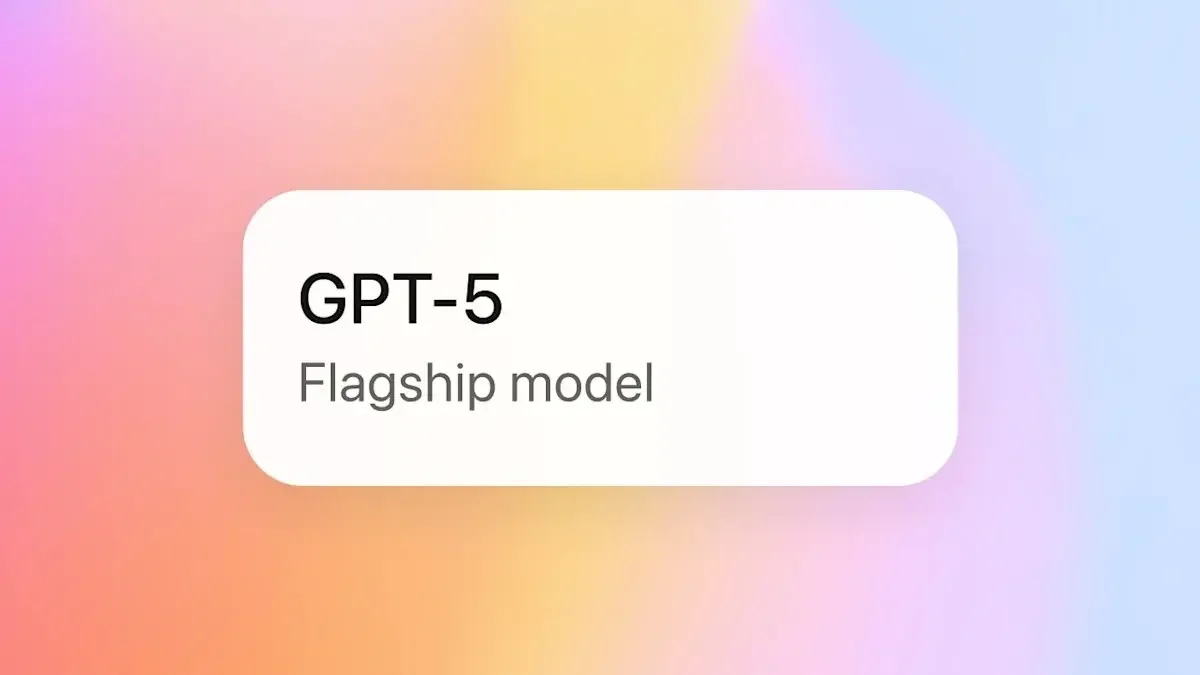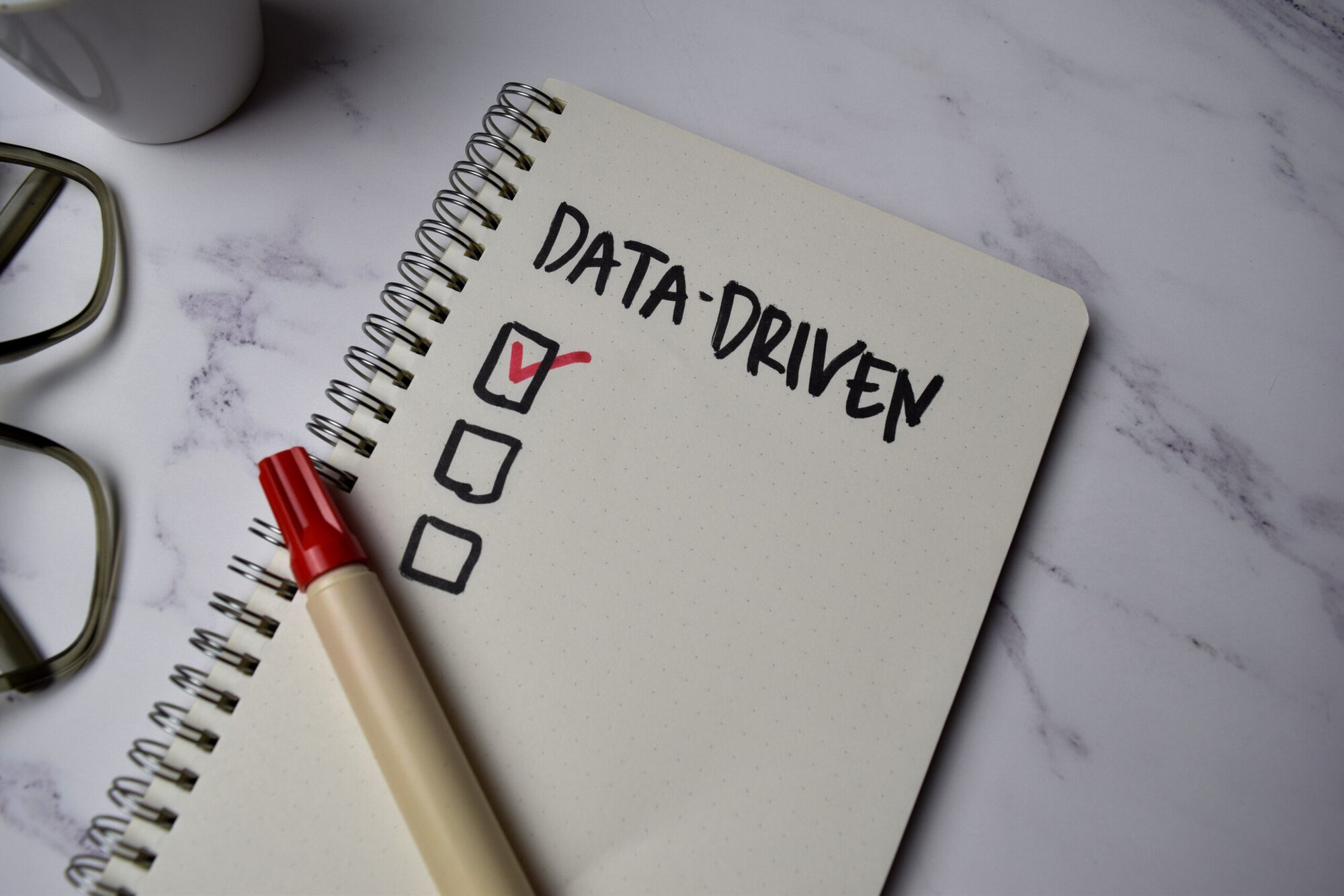Our content series gives you the lowdown on what’s been happening in the tech world this week and what it could mean for product professionals.
Double click this. Target released an update to its app to curb a shopper behavior workers call the "double tap." Workers said drive-up customers were causing chaos by waiting until arrival to say they were en route. The change in the app requires shoppers to wait an extra minute to trigger the process of order fulfillment. Sometimes adding small obstacles in the interface makes the overall experience better.
We want our buttons back. Tactile controls are back in vogue. Apple added two new buttons to the iPhone 16, home appliances like stoves and washing machines are returning to knobs, and several car manufacturers are reintroducing buttons and dials to dashboards and steering wheels. It turns out that the sense of touch is an important part of the overall product experience.
Android Auto has its problems. Will the alternative be any better? GM is dropping Apple CarPlay and AndroidAuto from most cars in preference to its own software platform Ultifi. The main reason for ditching those smartphone projection systems is that GM needs more control over the user experience inside of the car in order to build some of the features and services on its roadmap. Handing over the displays of the car to Apple and Google simply won’t allow the company to innovate fast enough, so the company has to build its own user experience and software stack.
From autocomplete to search. Beyond the challenging work of designing an interface, many designers spend a surprising amount of time on something that shouldn’t be so hard: finding an existing design. The folks at Figma noticed their designers losing time trying to track down source files when they only had a screenshot, evidenced by hundreds of messages in Slack with designers asking teammates for help. That’s why they launched AI-powered search at Config 2024.
News Corp is suing Jeff Bezos-backed AI startup Perplexity for copyright infringement, accusing Perplexity of scraping content without permission, copying on a “massive scale”, and repurposing New Corp content without authorisation. As the lawsuit says: “This suit is brought by news publishers who seek redress for Perplexity’s brazen scheme to compete for readers while simultaneously freeriding on the valuable content the publishers produce.”
This isn’t Perplexity’s first rodeo. Earlier this year Forbes accused the company of stealing content (you can read about it here, Why Perplexity’s cynical theft represents everything that could go wrong with AI).
This weekly briefing offers a product-specific lowdown of what is happening worldwide and what it means for product teams. Like what you see? Let us know in the comments below, or email us at editor@mindtheproduct.com







